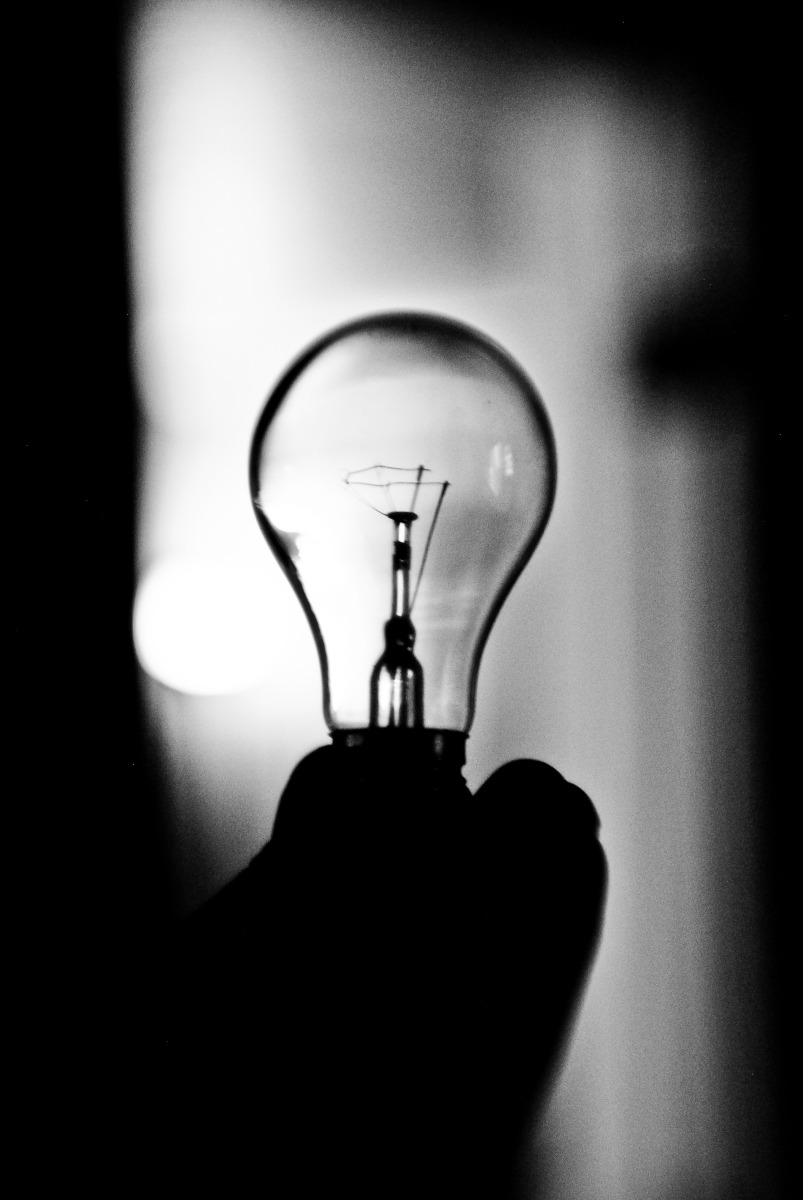Switching off!
Interview with
For universities, being at the forefront of academic research comes at a high price because, according to the Carbon Trust, annual energy costs in the UK higher education sector are £400 million and contribute CO2 emissions of around 3 million tonnes per year.  To cut these costs, Cambridge University have set up 'Switch Off Week'. Georgia Mills went to see Jeremy Sanders, Pro-vice Chancellor of Institutional Affairs, who explained why the University has decided to turn out the lights...
To cut these costs, Cambridge University have set up 'Switch Off Week'. Georgia Mills went to see Jeremy Sanders, Pro-vice Chancellor of Institutional Affairs, who explained why the University has decided to turn out the lights...
Jeremy - Every year, the university spends £16 million on electricity and gas. That's over £1800 an hour. One of the things we need to do is to reduce that. In part, we can do that through big projects of changing buildings, changing the way that we generate and buy electricity. But another way we can do that is for students and staff across the university to use less electricity by switching things off. And so, what 'Switch Off Week' is, is a way of engaging staff and students across the university. A variety of activities and road shows designed to raise people's consciousness and get them to switch things off.
Georgia - What kind of activities are you using to try and get this 'Switch Off' to happen?
Jeremy - Well, today is thermal Thursday. So, as you can see, I'm wearing a warm jumper. The more clothes that people wear, the more we can turn down the thermostats in their offices and in their labs. We're getting people to think about turning off the lights, turning off the computer when they don't need it, turning off their lab equipment when they go home in the evening. One of the activities is a competition where we're asking across the whole university, "What's your best idea?" now, the first time we held 'Switch Off' week 2 years ago, the winner of the competition was wireless occupancy sensors. This is now a project that we're rolling out across much of the university. What the wireless occupancy sensors do is, they detect if there's any movement in the room. If there's no movement in the room for a couple of minutes, you assume that there's nobody in there or maybe they're asleep. But then the lights go off automatically. That has the potential to save a lot of money and a lot of carbon.
Georgia - The statistic you said earlier about the university spending over 1800 pounds an hour on electricity is shocking. Is this something of an inevitability when it comes to a research institution or do you think there's a lot that can be done to cut this down?
Jeremy - Well, it's certainly true that if you have a science intensive institution, there will be a large electricity demand. We have a lot of computers, we have a lot of labs that need to be kept at constant temperature, and so on. The question is, what's the best way to minimise that demand? So, we've just built a data centre where we are going to collect together as many of our really intensive computers as possible and we're going to put them in an environment where the cooling will be very efficient. In many rooms where we have heavy computers, we spend as much electricity on air-conditioning as we do on running the computer. There's a huge saving to be made by bringing all those machines together and cooling them efficiently. So yes, there will always be a big demand but there's a lot more we can do.
Georgia - Do you have any tips for people who are listening and wondering small ways they can cut down on electricity use?
Jeremy - What I would say is, put on more clothes and turn down the thermostat. That's the most important thing to do. The next time you make a cup of tea or coffee, either heat up one cup in a microwave or just put less water in the kettle. We waste a huge amount of electricity across the country by filling up the kettle and then just making one cup.
- Previous What is Ebola?
- Next Lightning strikes set to increase










Comments
Add a comment